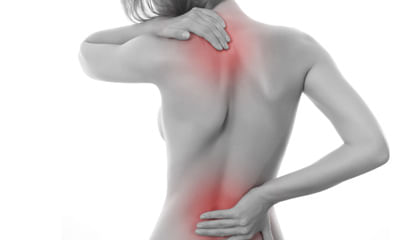Get the App
For Doctors
Login/Sign-up
Last Updated: Oct 19, 2024
BookMark
Report
Treatment of frozen shoulder
Treatment of frozen shoulder varies depending on the stage it is at, and how severe is the pain and stiffness. There is no outright cure and the aim of treatment is to keep the joint as mobile as possible. The most effective treatment is that which maintains a good range of movement until the shoulder starts to heal.
Treatment may Include the following:
1. Shoulder exercises: Regular, gentle exercise can help to keep the shoulder joint mobile. If your shoulder is very stiff, exercise may hurt, and it should only be carried out with the guidance of your doctor or physiotherapist. If you are able to, continue using your shoulder as normal saving' the shoulder can cause the muscle to waste and may make stiffness worse.
2. Painkillers: Over-the-counter painkillers such as paracetamol or prescription-only drugs such as codeine may be taken to ease pain and you should discuss this with your general physician or pharmacist.
3. Anti-inflammatory painkillers: Such as ibuprofen and diclofenac, are often prescribed to ease pain and inflammation. Any medication that you take should be discussed with your general physician or pharmacist.
4. Steroid injections into or near the shoulder joint may be effective at relieving pain and inflammation for a few weeks. However, injections are not a cure, and symptoms may return.
Treatment may Include the following:
1. Shoulder exercises: Regular, gentle exercise can help to keep the shoulder joint mobile. If your shoulder is very stiff, exercise may hurt, and it should only be carried out with the guidance of your doctor or physiotherapist. If you are able to, continue using your shoulder as normal saving' the shoulder can cause the muscle to waste and may make stiffness worse.
2. Painkillers: Over-the-counter painkillers such as paracetamol or prescription-only drugs such as codeine may be taken to ease pain and you should discuss this with your general physician or pharmacist.
3. Anti-inflammatory painkillers: Such as ibuprofen and diclofenac, are often prescribed to ease pain and inflammation. Any medication that you take should be discussed with your general physician or pharmacist.
4. Steroid injections into or near the shoulder joint may be effective at relieving pain and inflammation for a few weeks. However, injections are not a cure, and symptoms may return.



+1.svg)
